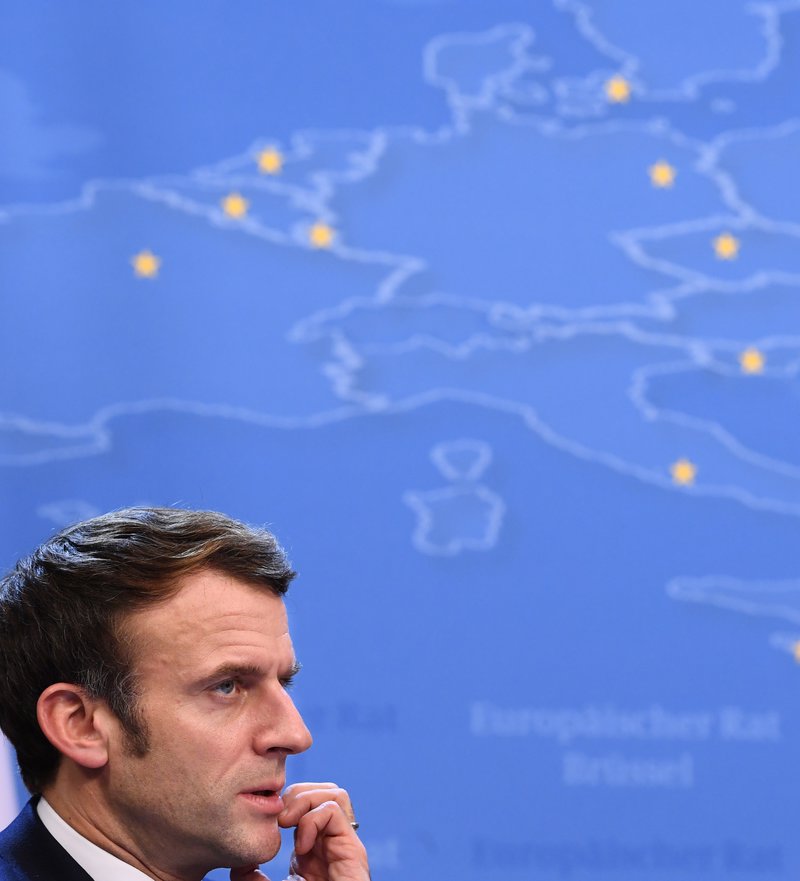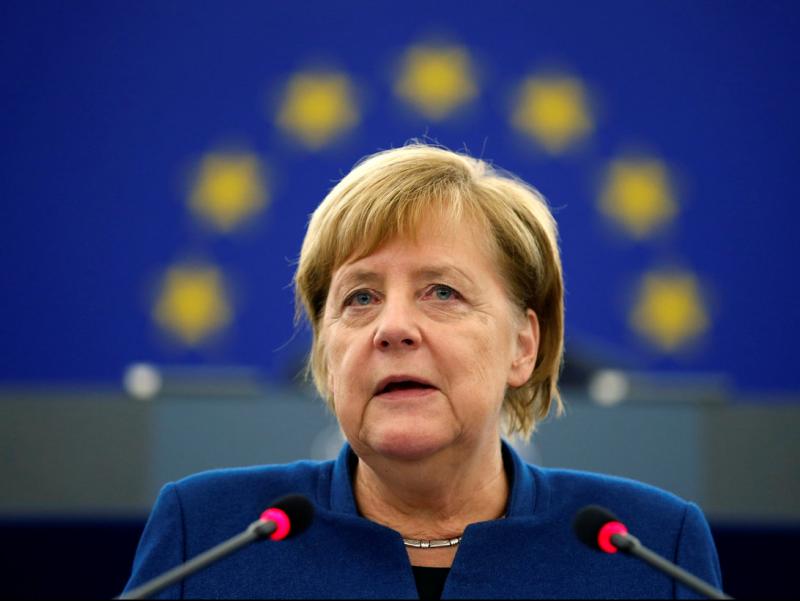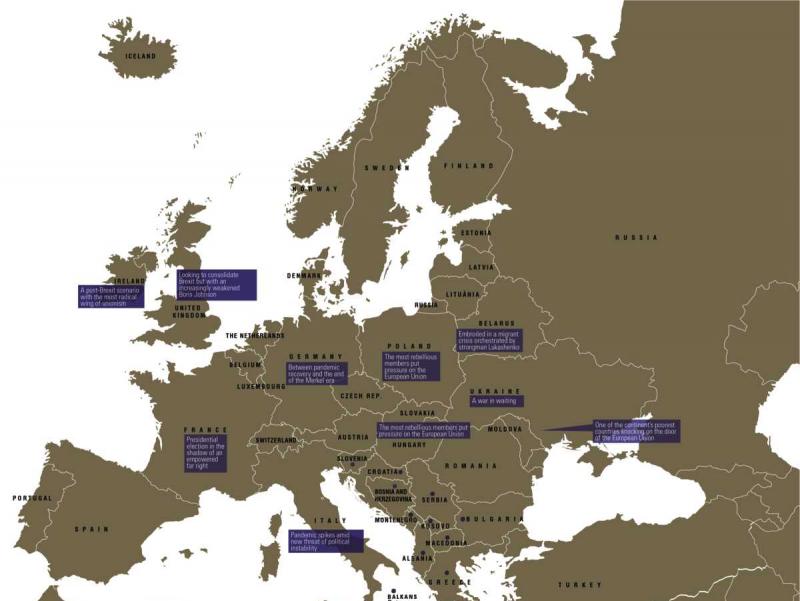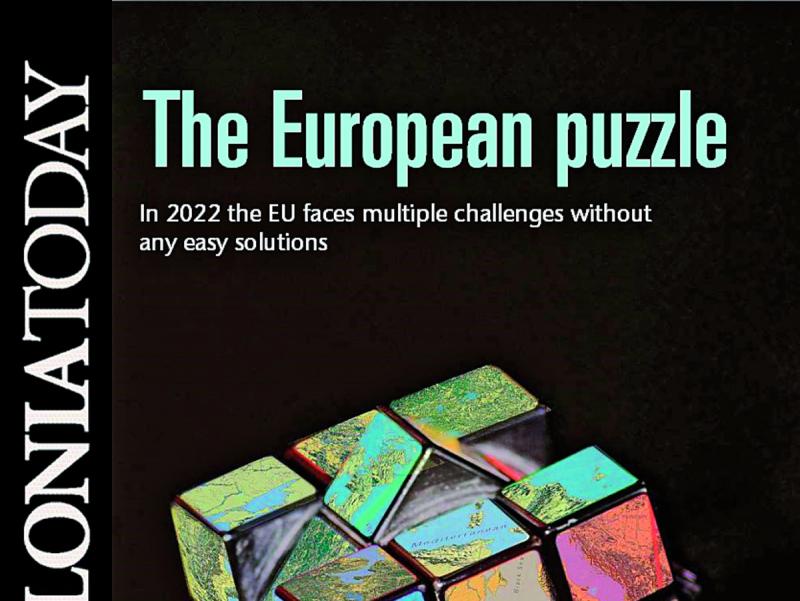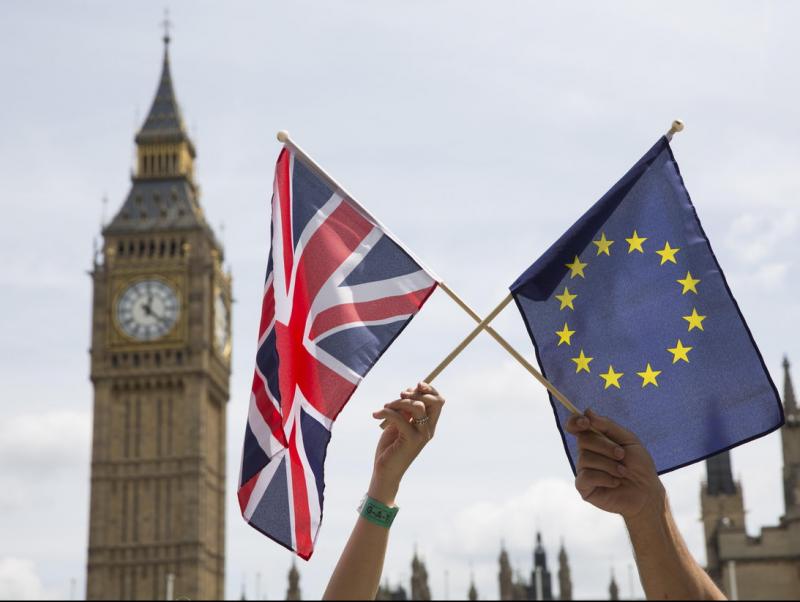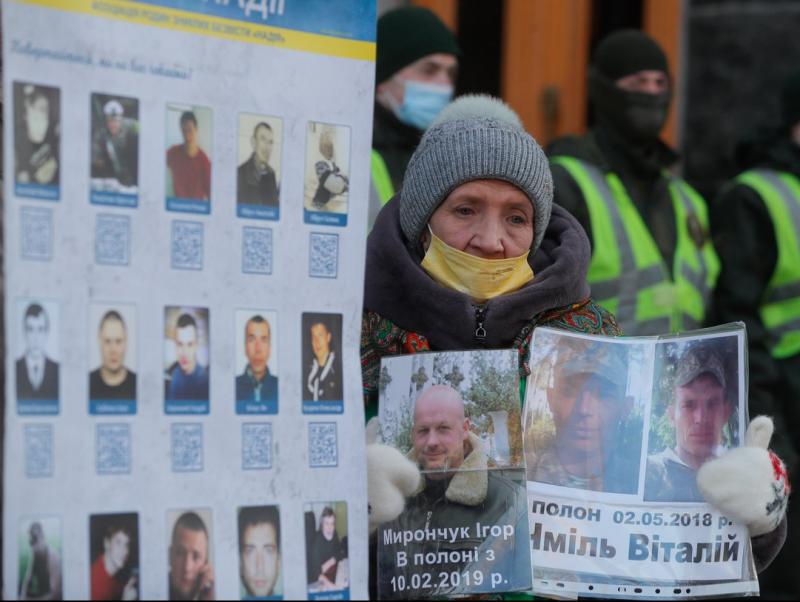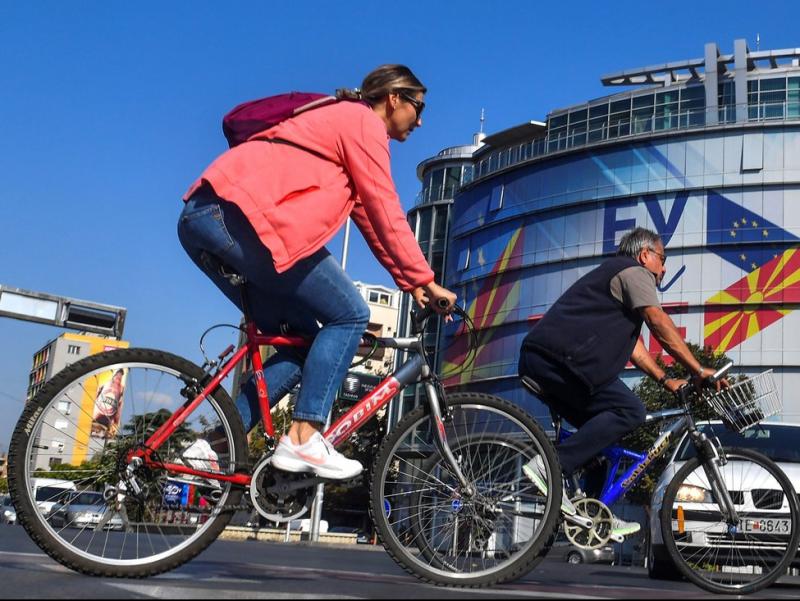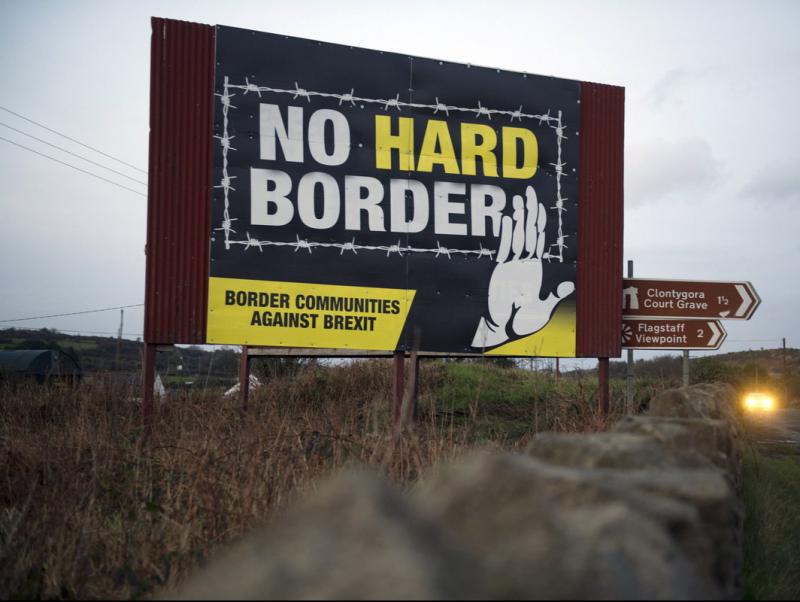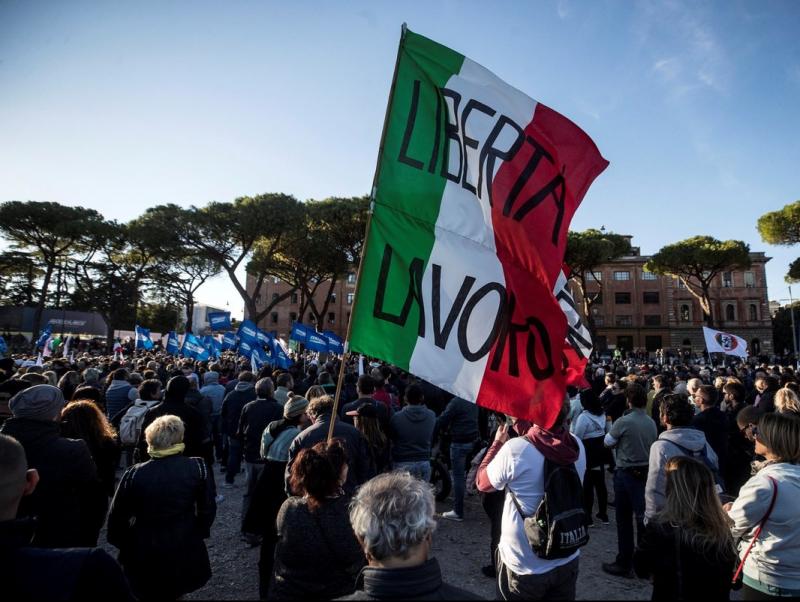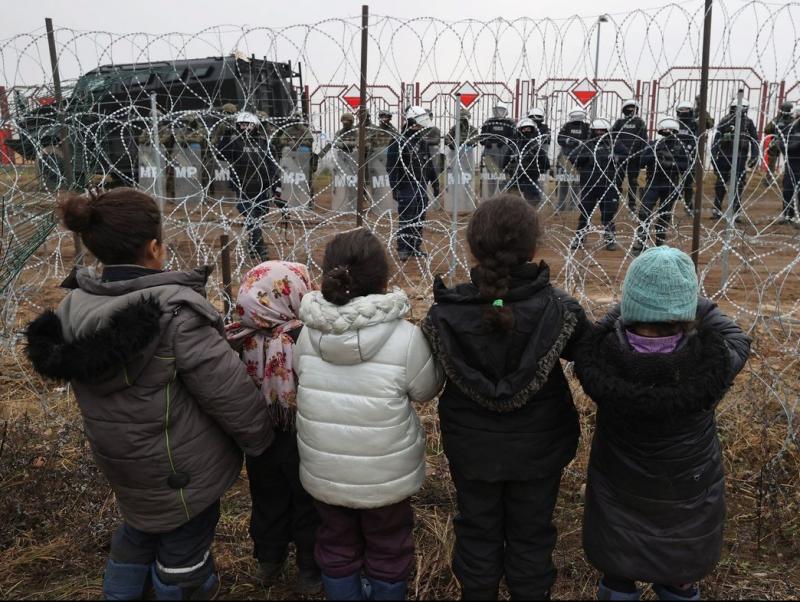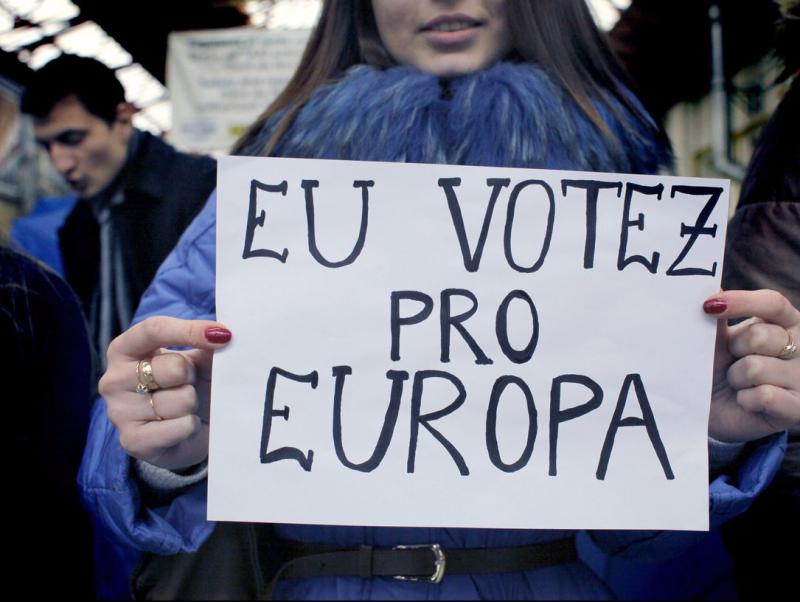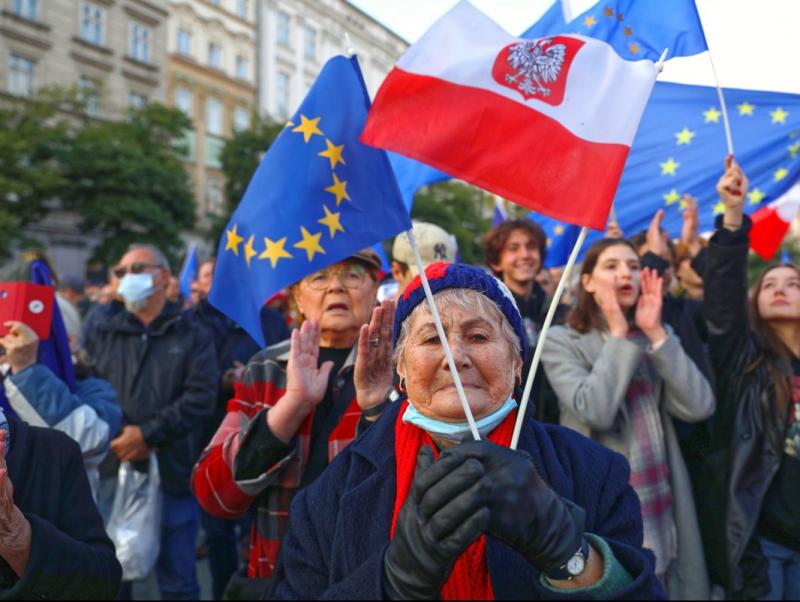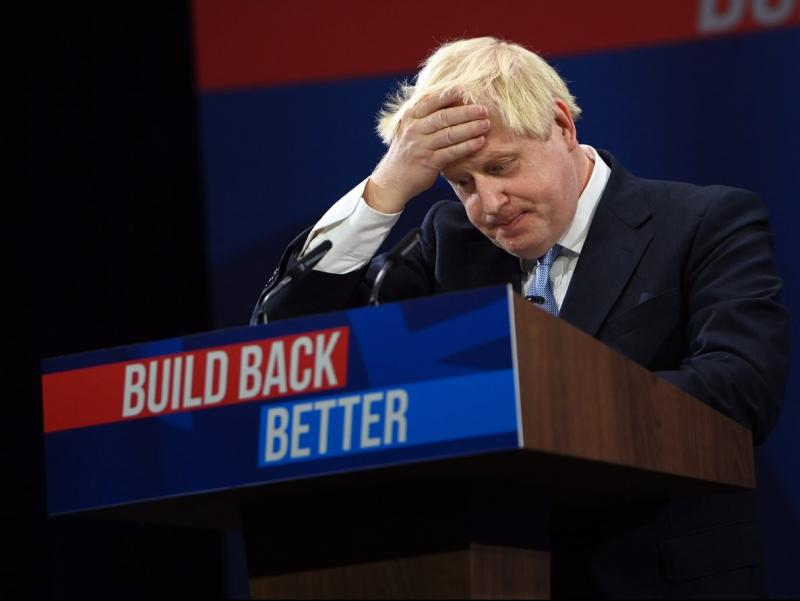Elections in the shadow of an empowered far right
The presidential election in April will mark 2022 in France, while the country continues to struggle to improve security
2022 will be an election year in France, as the country goes to the polls to choose a president in April, followed by elections to the National Assembly in June. Yet there are doubts over turnout, after the local elections in 2020 and the regional elections last year saw record levels of abstention. Added to that is the rise in Covid infections, casting doubt on whether there will be any major electoral rallies for the presidential election. At the same time, the political climate is becoming ever more heated.
It makes for a turbulent scenario. As elsewhere, France has seen a rise in support for far right parties. Marine Le Pen is the standard-bearer of anti-immigration discourse and has shown that there are votes in extremes. Yet Le Pen now has a rival further to the right, Eric Zemmour, a journalist and TV pundit who has burst onto the political scene. With his Reconquest party, Zemmour is looking to attract votes by taking a harder line than Le Pen. Meanwhile, doing well in the polls is Valérie Pécresse, a long-serving politician on the Conservative right wing who was a minister in the Sarkozy cabinet. At the other end, the French left is fragmented. Despite seven left-wing candidates running in April, not one of them looks capable of getting to the second round, while calls for a unity candidacy under Socialist candidate and Paris mayor Anne Hidalgo have not been answered.
Macron has delayed announcing his intention to run while he benefits from the political capital of being the president who has protected the French during the pandemic. Polls say Macron has the support of 30% of the electorate, much higher than his predecessors (Hollande and Sarkozy) at this stage. Yet it may not be enough for him to win the second round should Conservative candidate Valérie Pécresse manage to bring together votes across the right.
One challenge France faces is the foreign trade deficit, which could reach 95 billion euros, or 3.8% of GDP, this year. The government puts this down to deindustrialisation, with companies relocating to countries with cheaper labour costs. The executive’s response has been a spending programme to inject 30 billion euros of public money into innovative technologies, such as green hydrogen, electric batteries and semiconductors, to reindustrialise the country.
Nuclear energy
France produces 70% of its electricity from the 56 nuclear reactors it has in service. Faced with climate change, Macron and the right-wing candidates support building more reactors despite opposition from the left. Yet this strategy raises the question of how to build new power plants at a competitive cost. Construction of the EPR reactor in Flamanville (Normandy) has met with huge delays since 2007, and costs have tripled to 19.1 billion euros.
The European country hardest hit by jihadi attacks, France will downsize its Barkhane military operation, in which 5,000 French troops have been fighting Islamist groups in the Sahel region since 2013.

